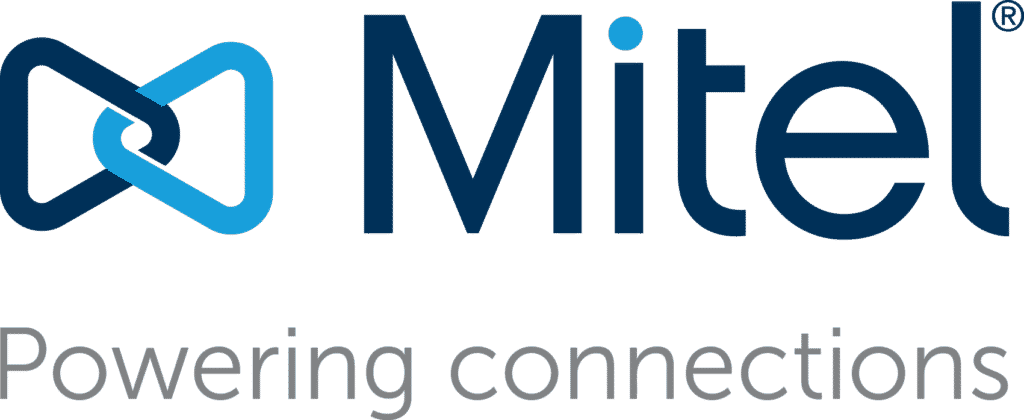Executive Summary
Organizations face a number of different potential emergency situations, such as illness, flood, hurricanes, and power outages. Implementing a business continuity plan is essential to ensuring that the organization is capable of maintaining operations in the face of adversity and preparing for potential disasters.
An important consideration for organizations developing a business continuity plan is that the organization may not be capable of sustaining normal operations onsite. The ability to support employees working remotely is essential to ensuring both business continuity and security. Fortinet solutions offer an integrated solution to support telework. FortiGate next-generation firewalls (NGFWs) have built-in support for IPsec virtual private networks (VPNs), enabling remote workers to connect securely to the company network. With endpoint protection, provided by FortiClient, and multi-factor authentication (MFA) with FortiAuthenticator, organizations can securely support remote work and maintain business continuity.
The ability to securely support a remote workforce is an essential component of any organization’s business continuity and disaster recovery plan. An organization may be incapable of sustaining normal operations onsite, due to a power outage or similar event, or illness or flooding may make it unsafe for employees to travel onsite.
In these scenarios, an organization must be capable of supporting secure, remote connectivity to the corporate network. For over 400,000 Fortinet customers, their existing technology deployment already contains this functionality. FortiGate NGFWs have integrated support for IPsec VPNs, enabling secure connectivity for employees working from alternate work sites.
Powered by Fortinet, Delivered by IT Vortex.






















